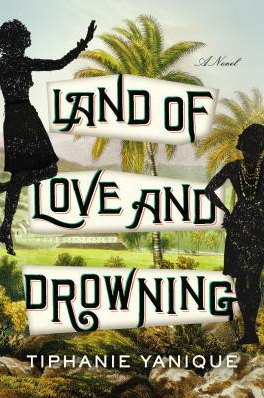
It’s hard for anyone to write a magical realist novel today without inviting comparisons to Gabriel García Márquez. Especially in the wake of his death this year, the Colombian literary giant has been mythologized as the master of blurring the lines between reality and fantasy. Tiphanie Yanique’s debut novel Land of Love and Drowning is a magical realist work that calls to mind García Márquez, yet still manages to stake out new territory—both geographic and literary.
Like One Hundred Years of Solitude, Yanique’s novel is a multigenerational saga.Land of Love and Drowning traces the story of a Virgin Islands family over six decades of the 20th century. The novel opens in 1917, just as the islands of St. Thomas, St. John, and St. Croix are transitioning from Danish to American rule. When a shipwreck kills Captain Owen Arthur Bradshaw, patriarch of the Bradshaw family, and his wife dies soon after, sisters Eeona and Anette are orphaned and forced to fend for themselves. Yanique’s novel follows the lives of these two women as they attempt to work their way out of their newfound poverty, experiencing a string of ill-fated love affairs along the way.










